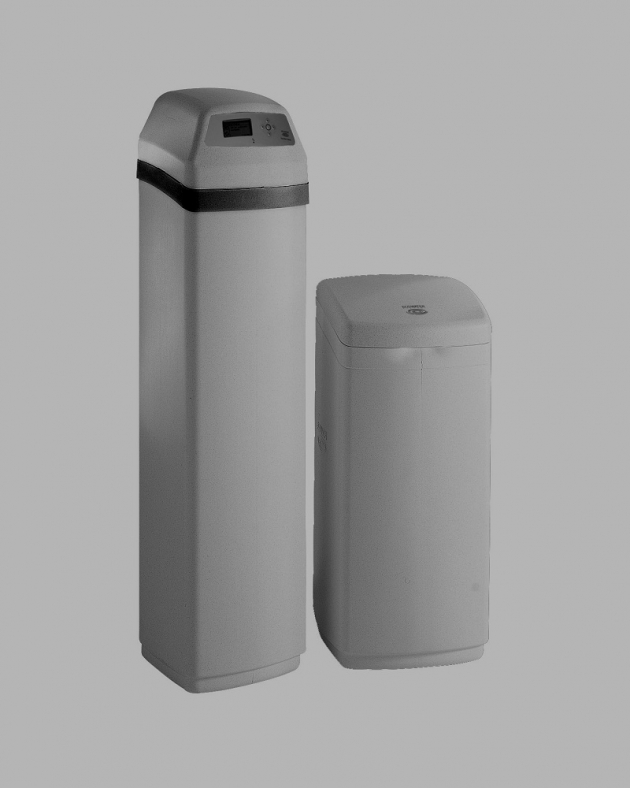With more than 30 years’ experience in the residential and commercial water treatment space, Mark Nelson is a Class 1 Drinking-Water Operator and a CBWA (Canadian Bottled Water Association) Certified Plant Operator. As founder and president of Nelson Water in Ottawa, Mark focuses on dealing with challenging water treatment system designs for problem water. He also heads the largest water bottling plant in the city of Ottawa with a delivery network throughout the Valley
Knowing whether your water softener is ready to be retired can be a challenge, but there are some signs to look out for to determine if it may be time for a water softener replacement.
Age
The age of your water softener is the first sign of whether your device is ready for retirement. If your unit is approaching 10 years old, you should start thinking about a replacement, whether you’ve noticed any problems or not. Water treatment technology moves quickly, and the technology will have advanced a great deal since you purchased your current water softener. A new water softener will be more efficient and could save you between 70 and 90% on your monthly water bills. It could also reduce the cost per regeneration by up to 50%. While servicing your water softener regularly will increase the lifespan of your device, if your water softener is approaching 10 years old, it is a sign to start shopping around for a replacement.
Water and Salt Consumption
As water softeners age, they won’t work as efficiently. This means that water is used differently, causing both water and salt consumption to increase gradually. So, if you find that your monthly water bills seem to be increasing month on month and you’re adding salt more frequently, it is a sure sign that the efficiency of your water softener has been compromised.
Decreased Water Pressure
In some situations, you may notice that your water pressure has started to decrease. This is usually due to degradation or swelling of the media bed. If the media has swollen or degraded, water is less able to pass through the resin. This will ultimately lead to a reduction in water pressure. Although this may not be obvious when it first begins, if you find that your water pressure is lower than it used to be, it could be due to a problem with your water softener.
Appearance of Scale
Most consumers purchase a water softener to correct hard water scale that is affecting their plumbing fixtures and appliances. While a water softener will correct these issues by removing the hard water minerals, if your softener needs to be retired, it may not be able to deliver the same standard of soft water. If you’ve started to notice scale or stains appearing on your plumbing fixtures or other areas in contact with water, it is likely that your water softener is no longer able to cope with the water demands of your household and needs to be retired.
Skin Irritation
Finally, if your water softener needs to be retired, you may have started to notice that your skin is irritated. You may also find that your hair has started to feel limp and dull. This is due to the hard water minerals being left in your water interacting with your shower gel, soap, and shampoo. If you have started to suffer from skin irritation, it could be time to look at your water softener to determine if it’s time for an upgrade.
If you’re still unsure whether you need to upgrade your water softener, it is a good idea to consult a water treatment professional. An experienced specialist can assess your current system and water quality to determine if your softener needs to be retired.

